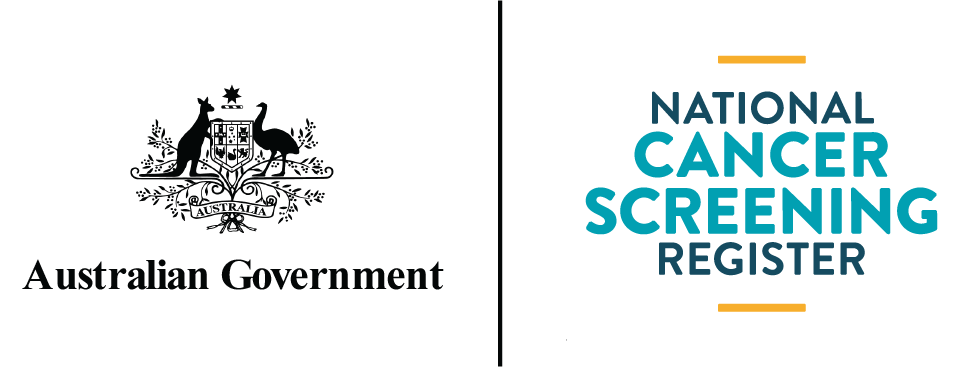About the National Cancer Screening Register (NCSR)
The National Cancer Screening Register (NCSR) is a digital platform that supports Australia’s National Bowel Cancer Screening Program, National Cervical Screening Program, and National Lung Cancer Screening Program.
These programs encourage eligible Australians to screen regularly, helping detect signs of cancer early – when treatment is most effective.
The NCSR provides a single electronic record for each participant and delivers a secure, national infrastructure for collecting, storing, analysing and reporting screening data.
The NCSR supports the end-to-end operations of these life-saving programs by:
- Making it easier for people to take part in bowel, cervical and lung cancer screening, and supporting clinical follow-up when abnormalities are found
- Providing high-quality data to inform policy decisions and improve the effectiveness and delivery of screening services
